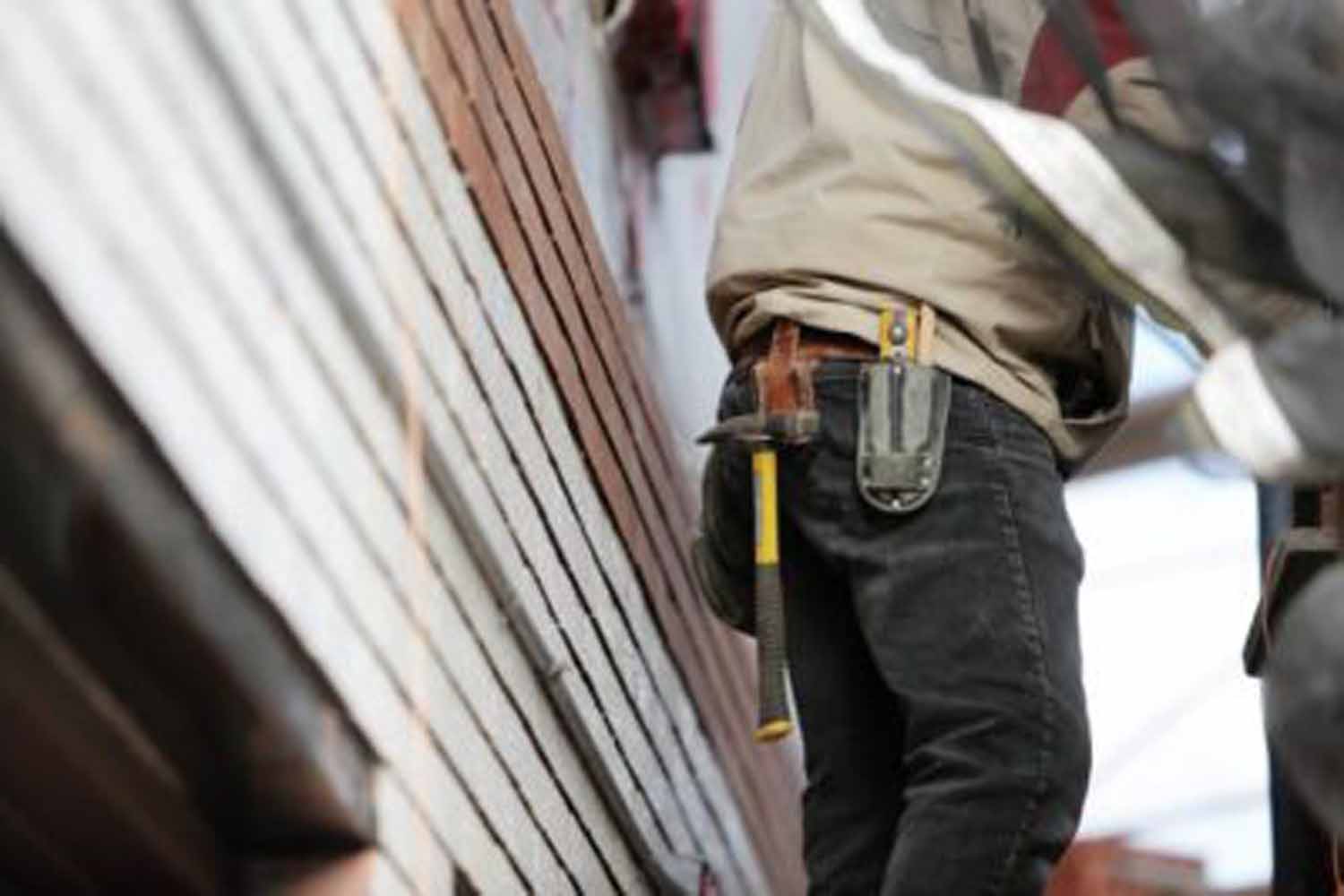
Performance bonds on a construction project can be a valuable asset. However, the language of the bond may be filled with traps for the unwary. A bond obligee must be careful to strictly comply with the bond language, or else the bond protection may be lost—which can be a very bad thing. A recent case, Arch Ins. Co. v. John Moriarty & Associates of Florida, Inc., 15-22403-CIV, 2016 WL 7324144 (S.D. Fla. Dec. 12, 2016), highlights how a bond obligee can lose its bond protection by failing to strictly comply with the bond language… and it cost the bond obligee One Million Dollars. Failure to understand and strictly comply with the bond language can be costly.










